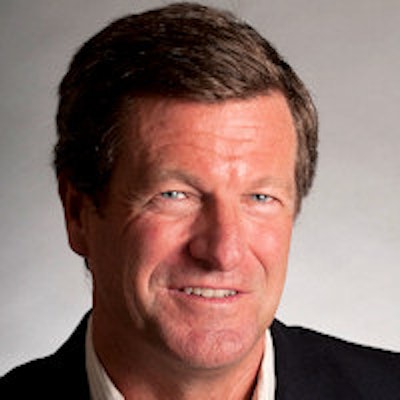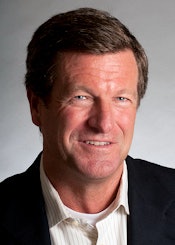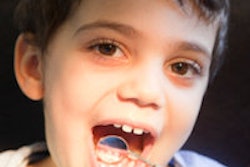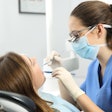
When I heard the California State Auditor released a highly critical report of the state's Denti-Cal program, I read the document with great interest. The audit, which outlines a multitude of the program's shortcomings, confirms that the state fails to provide access to oral healthcare for millions of low-income children. From a personal perspective, I believe the audit validates what many dentists, including myself, have experienced with the program for years.
The audit criticizes the Department of Health Care Services for Denti-Cal's low utilization, meager reimbursements, and poor oversight and accountability. One fact that stands out among the many critical issues is that in 2013, nearly 56% of the 5.1 million children enrolled in Denti-Cal did not receive any dental care. That statistic highlights the state's failure to ensure that we have an adequate network of providers, and anyone who's dealt with Denti-Cal knows that meager reimbursement rates cannot sustain an adequate network.
 John Blake, DDS, is the executive director and dental director of Children's Dental Health Clinic in Long Beach, CA.
John Blake, DDS, is the executive director and dental director of Children's Dental Health Clinic in Long Beach, CA.As the dental director of the nonprofit Children's Dental Health Clinic in Long Beach, the Denti-Cal audit results are not at all surprising. My clinic provides essential access to both routine and intensive dental care services each year to approximately 9,000 children enrolled in Denti-Cal. The reimbursement rates for my services are so low -- 35% of the national average, according to the audit -- that I must fundraise and apply for grants to make up the difference between what it costs me to provide care and what the state reimburses me. My clinic's affiliation with Miller Children's Hospital allows me to utilize dental residents to provide care at a reduced cost, but that is not sustainable, nor is it available to dental offices throughout the state. As a result, my clinic is at its breaking point, and I fear the children I care for may be left without a place to go for dental care in the future.
Many of my colleagues would like to participate in the Denti-Cal program, but they are unable to do so because it is not feasible to provide care at a loss. In addition to low reimbursement rates that have not increased since 2000, the state forced pediatric dental care providers to take a 10% Medi-Cal rate reduction in 2013, while exempting other nondental pediatric providers. The state incorrectly assumed that there would still be a sufficient number of dentists to care for patients despite cuts to reimbursements that are already among the lowest in the nation.
In addition to low reimbursements, the audit criticizes the state for failing to perform required annual reviews of Denti-Cal reimbursement rates, insufficient efforts to increase utilization, and poor data collection -- basically, a program with serious problems that cannot be fixed overnight.
From a provider perspective, there are steps the state can and should take immediately. In order to develop a sufficient network of providers in California, the state must reverse the 10% Medi-Cal rate cut for pediatric dental care providers and increase reimbursement rates to acceptable levels. The current rates are unsustainable for my clinic and others across the state, including the few remaining hospitals and surgery centers that provide care to medically fragile and developmentally disabled patients, who need dental care under general anesthesia. In fact, the last facilities in Sacramento to provide such care, Sutter Hospital and its affiliated surgery center, plan to end services with the exception of some of the most acute cases, because reimbursements do not cover the cost of providing care.
Now is the time to fix the Denti-Cal program as millions of additional Californians obtain coverage through expanded eligibility and the transition of children from Healthy Families to Medi-Cal. As a provider who truly cares for the patients who come to my clinic, I appreciate the findings of the Denti-Cal audit and its many specific recommendations. I can only hope the state takes action for the sake of California's children.
John Blake, DDS, is executive director and dental director of Children's Dental Health Clinic in Long Beach, CA.
The comments and observations expressed herein do not necessarily reflect the opinions of DrBicuspid.com, nor should they be construed as an endorsement or admonishment of any particular idea, vendor, or organization.



















